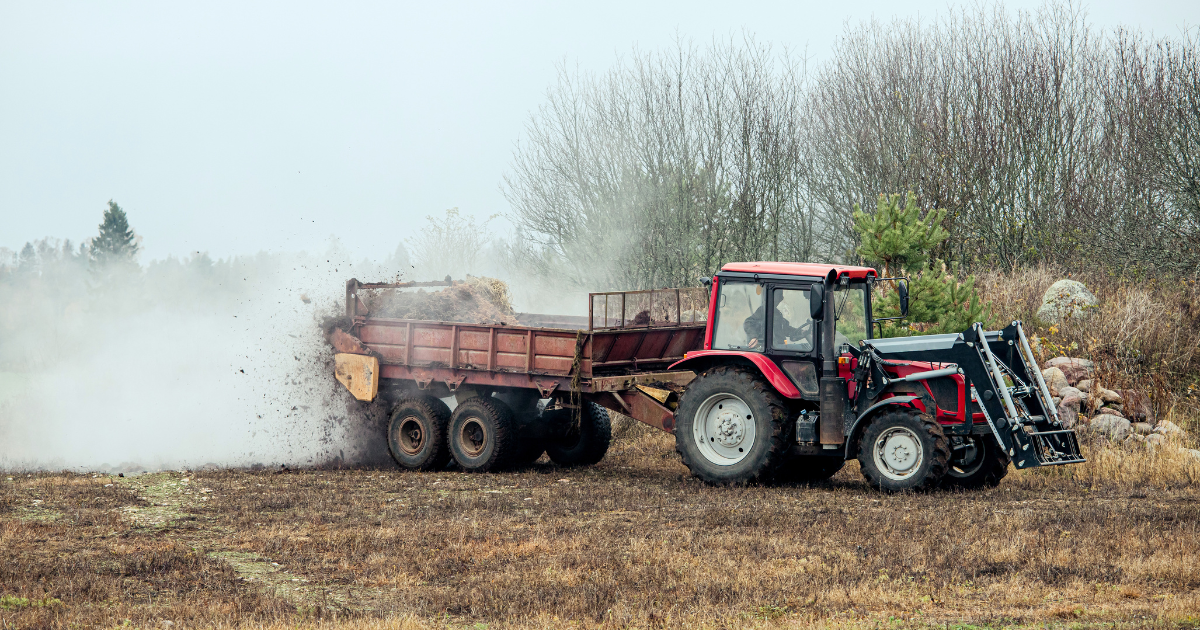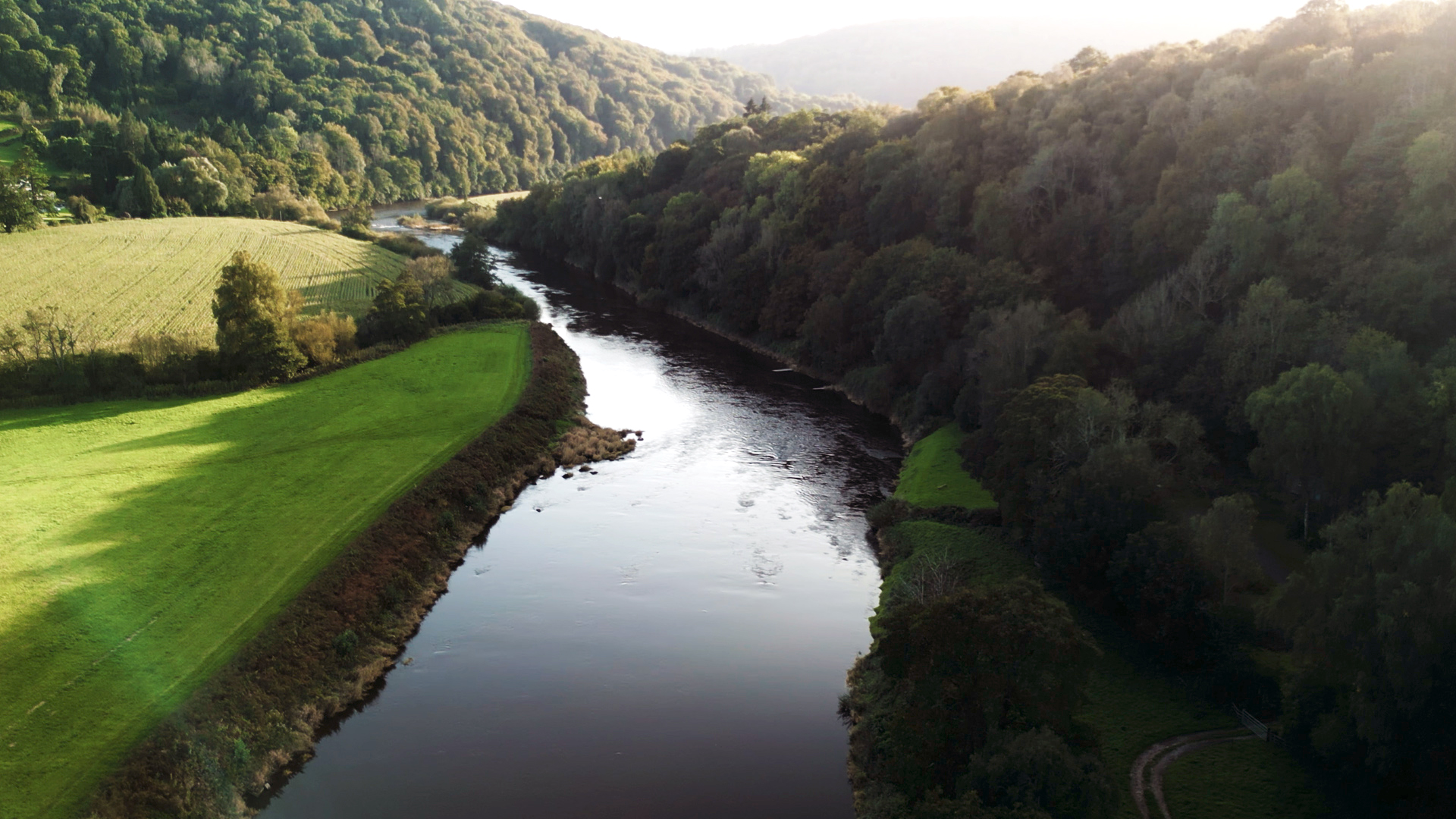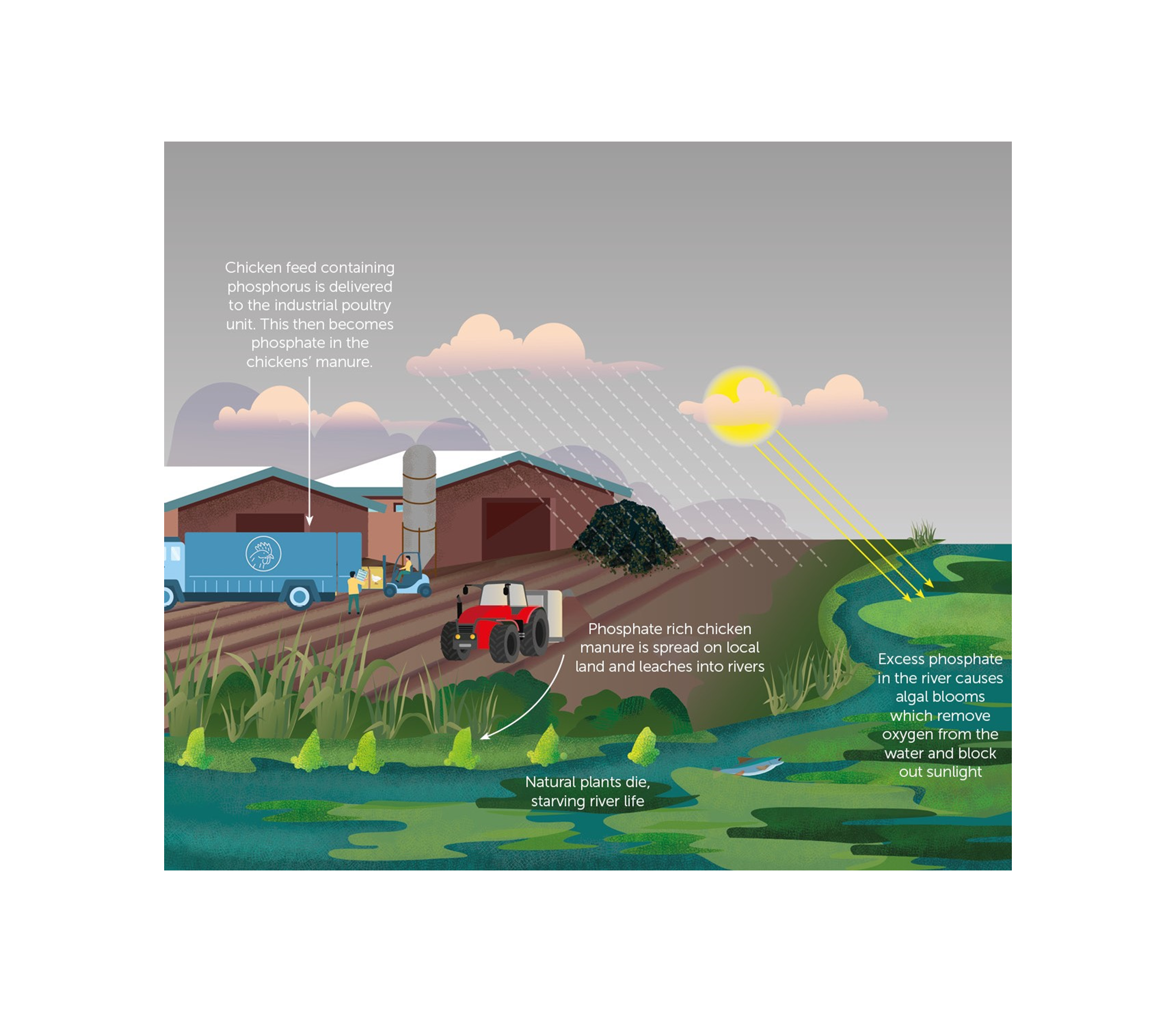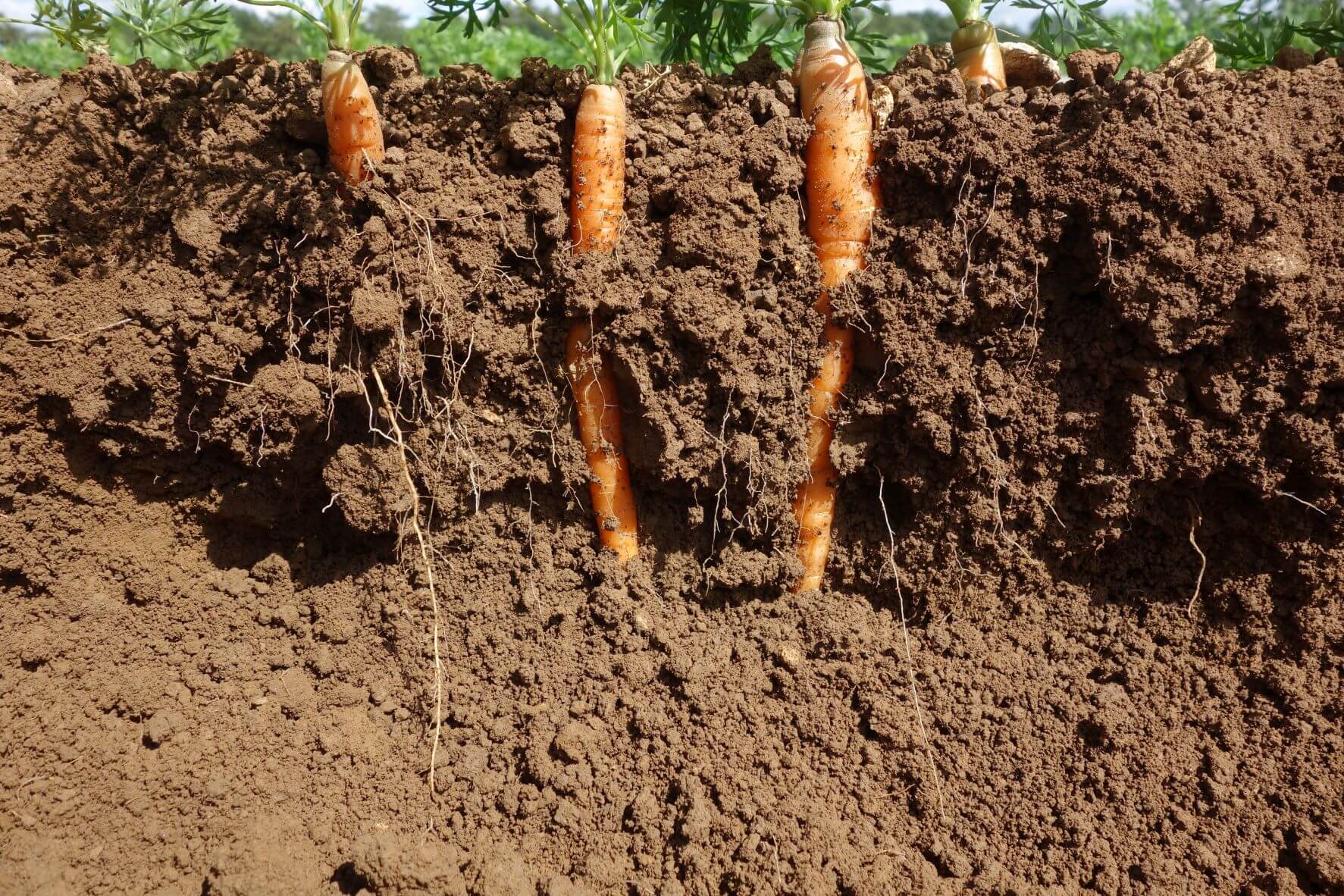
Agricultural pollution
Modern farm systems grow an enormous amount of food which feeds us all. But poorly managed by-products from farming become pollutants, which can cause harm to our natural environment, through our air, waterways and soils. It doesn't have to be this way.
Learn how intensive farming causes pollution, how we can end it, and what you can do to help.
How do farms pollute rivers?
Agriculture contributes to 40 percent of river pollution. Fertilisers, pesticides, antibiotics and topsoil from farming enter our waterways. Fertilisers choke the life out of them by creating algal blooms, pesticides hurt aquatic life, and overuse of antibiotics in farming has led to the presence of superbugs like E. coli and MRSA in rivers.

Rivers at risk from agricultural pollution
The River Wye in south-west England has been devastated by the run-off from local intensive chicken farms. The area has a huge number of farms, producing over 20 million chickens at a time.
Urgent action is now required to save the river and stop the issue spreading to rivers around the UK. Sign our petition.



How does intensive farming affect the environment?
70 percent of the UK is farmland, so it is vital that the way we farm is part of the solution.
Intensive farming negatively impacts our soils, water and air, degrading them rather than regenerating them.
Whole-farm solutions are key to reducing farming pollution. They make the most use of resources found within farms and minimally impact the environment around them.
Air pollution
Fossil fuels are used to create synthetic nitrogen fertiliser. This process gives off strong greenhouse gases. When we then use this fertiliser, excess is lost as nitrous oxide, making a bad situation worse.
Wildlife impact
70 percent of the UK is farmland. With wildlife species in a worrying decline, we must ensure wildlife has a place on our farms.
Farming can be part of the solution - organic farms have up to 50 percent more wildlife.
Run off
Intensive farming often means large amounts of artificial inputs - fertilisers, pesticides, antibiotics. If not managed correctly, they end up spreading to surrounding ecosystems.

What impact does agriculture have on soil?
Healthy soil sustains all life on earth - we could not live without it.
Yet, one third of the world's agricultural soil is degraded, and we lose 30 football pitches of it every minute. UK soils are becoming increasingly depleted and less biodiverse.
We can no longer take soil for granted. We must support farmers to move to organic and agroecological farming methods to regenerate soils.
How does nitrogen contribute to pollution?
Synthetic fertilisers, excessive animal manure and intensive farming are polluting our environment with unsustainable amounts of nitrogen. This has terrible consequences for our rivers, soil, air and biodiversity.
There is no net zero without fixing fertiliser. We need to stop this excessive release of nitrogen into our environment.

How do farmers fix pollution?
With the right support and the adoption of nature-friendly farming methods, seen in agroecological and organic systems, farmers can be part of the solution.
These methods can drastically cut farming pollution - reducing emissions, limiting run-off, protecting wildlife and regenerating soil.
What is the benefit of organic farming?
Organic follows a whole-system approach. It sustains people, animals, ecosystems and soils, rather than harming them.
By supporting farmers to switch to organic methods, we can stop the decline of our environment and support its regeneration.

Help us save our rivers
Current chicken consumption levels in the UK are killing our rivers.
We already farm more birds than is sustainable and our rivers are paying the price.
Sign the petition to stop killing our rivers.






